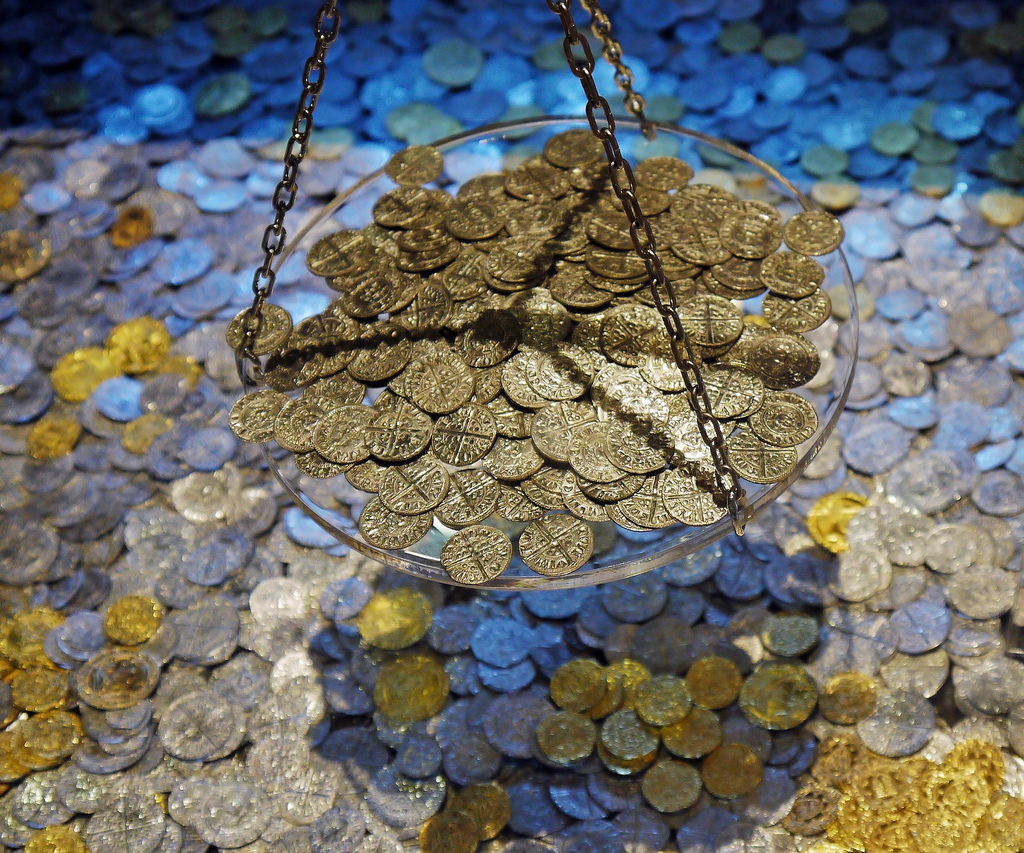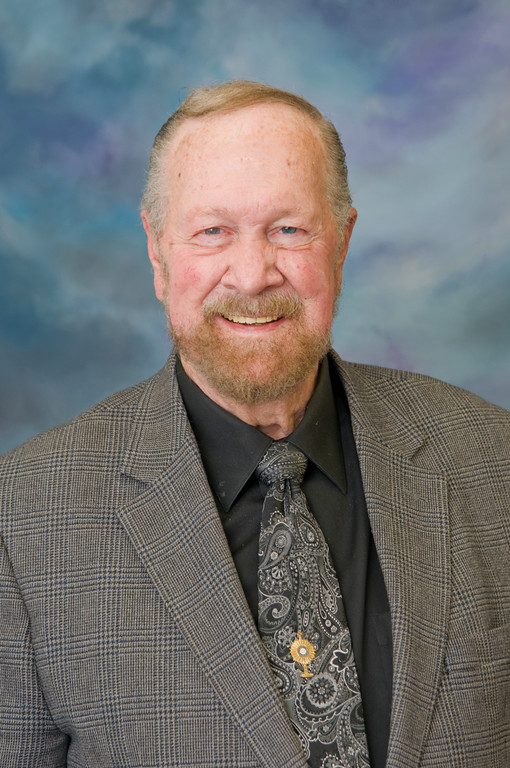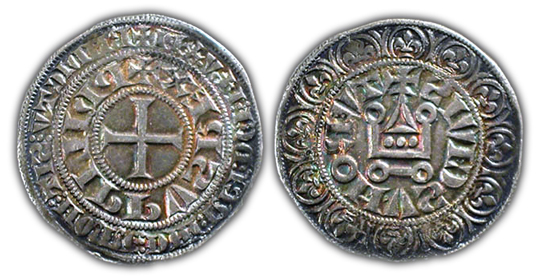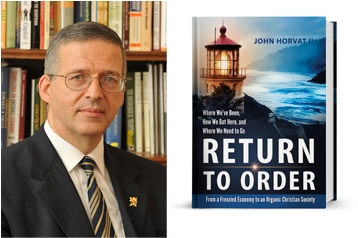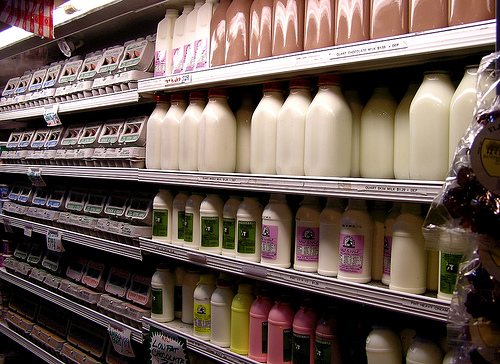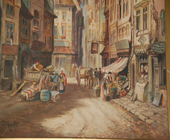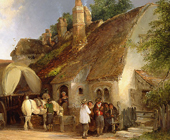The Fight Against the Rule of Money in American History
Throughout American history, two sides, two economic outlooks, two lifestyles have long opposed each other as if engaged in constant combat. On the one side, there is the rule of money with a set of secular values, which include quantity, function, efficiency, and utility. This rule tends to reduce everything to terms of self-interest, matter, … Read more



